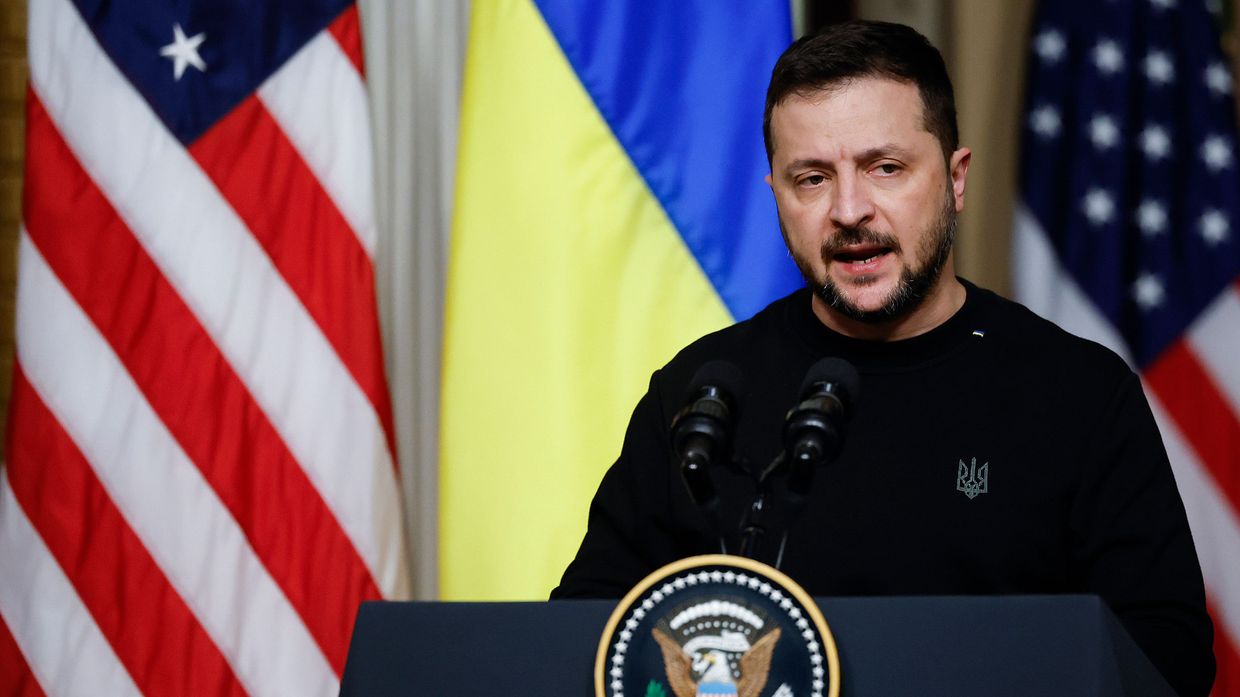US lawmakers unveil new bipartisan bill allocating $47 billion in aid funding for Ukraine

A group of bipartisan lawmakers from the U.S. House of Representatives unveiled on Feb. 16 a combined $66 billion aid package for Ukraine, Israel, and Taiwan, after the Republican-controlled House withheld a vote on a previous version of a funding package.
The new package, which includes $47 billion in aid funding for Ukraine, will once again tie funding to domestic border security measures demanded by House conservatives.
House Speaker Mike Johnson previously rejected a similar $95 billion aid bill on the grounds that it did not address the ongoing crisis at the southern border.
"The Speaker’s got to manage the conference. He’s doing the best he can to do," Representative Brian Fitzpatrick, a moderate Republican, who helped negotiate the new funding package, told reporters outside the Capitol.
"That’s why we’re dropping this bill. It’s the only bipartisan bill on the border and Ukraine in the House," said Fitzpatrick.
If passed, the new funding would include $47 billion in aid for Ukraine, $10 billion for Israel, $5 billion for the Indo-Pacific, and $2 billion to support operations in the U.S. Central Command.
It remains unclear if the new bill will be broadly supported by House Republicans.
A previous version of a similar bill, which passed through the Senate, allocated a combined $95 billion funding package, including $60 billion for Ukraine. The bill was previously attached to proposed changes to U.S. border policy and additional funding to security, but the broader legislation failed to pass earlier in February.
Some Republicans in the House have refused to support the previous version of the Ukraine aid package, with some advocating against aid for Kyiv in principle.
Marjorie Taylor Greene, a controversial member of Congress and conspiracy theorist, said the bill was dead on arrival in the House and "an American betrayal."
Leading Republican presidential candidate and former President Donald Trump had initially urged members of his party not to support it or any other effort to pass border security, partially because he plans to make the issue central to his general election campaign.
Trump later suggested providing Ukraine with loans, instead of approving the aid package.
President Volodymyr Zelensky has repeatedly called on Congress to pass a funding bill, pleading with lawmakers to "not falter" on support for Ukraine.











